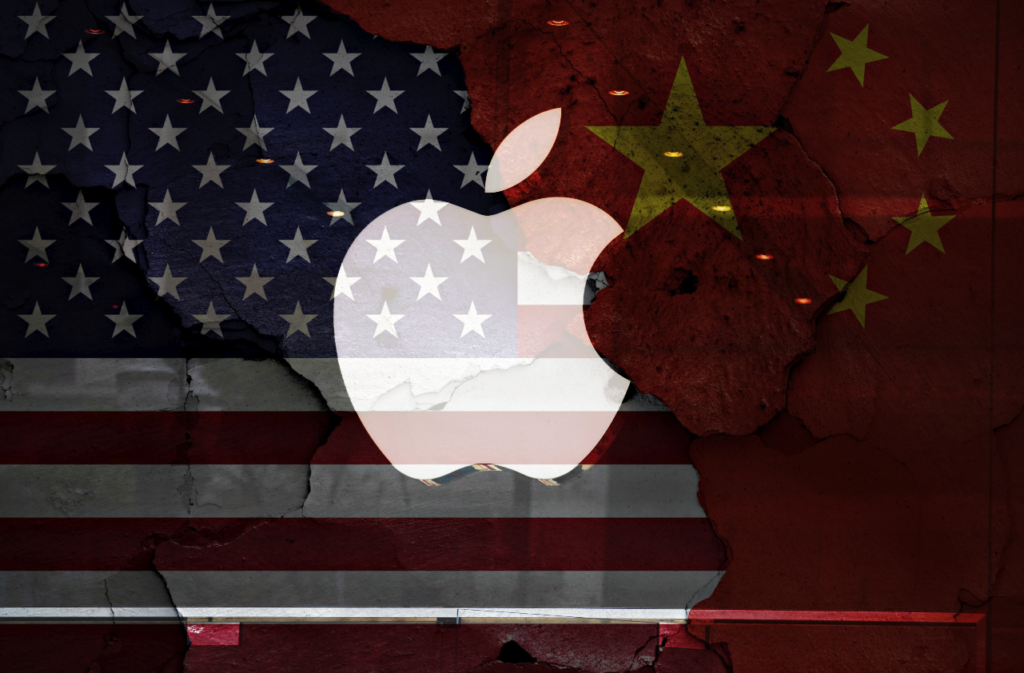
Apple, once called a “symbol of U.S.-China cooperation,” is expected to suffer great damage in the “high-tech war” between the two countries. “Apple is the king of the tech industry, but it is only a piece of game in the economic war between the world’s two major powers,” he said. “The market value has been hit hard by increasing signs that businesses in China are threatened.”Recently, the Chinese government banned central government officials and employees of state-run companies from using foreign-branded smartphones for business purposes. This seems to be due to concerns that sensitive information from the Chinese government could leak to other countries through overseas smartphones. Currently, iPhone is the only foreign smartphone that has secured a meaningful market share in China. For this reason, this measure is actually understood as an iPhone ban.China’s ban on Apple is symbolic. According to China’s National Bureau of Statistics, there were about 56.3 million workers working for state-owned institutions as of 2021. For Apple, which sells the world’s most expensive smartphones, it is painful for Chinese officials to leave the market.
In addition, public figures and ‘celebs’ who are attracting attention in China will also hesitate to use iPhones in the future. Those who always have to pay close attention to the intentions of the Beijing leadership have no choice but to follow the silent order to “not use iPhone” even if they are not public officials. For this reason, Bank of America predicted, “This measure could eliminate up to 10 million out of annual iPhone sales (about 50 million units) in China.”Huawei, which is considered Apple’s competitor in China, is gaining huge popularity by releasing the 5th generation (5G) smartphone “Mate 60 Pro” despite all-round U.S. Some interpret the move as the Chinese government’s “push Huawei.” Apple, which will unveil the iPhone 15 series on the 12th, may feel pressured. Apple’s stock price has fallen about 7% since the report of the iPhone ban, with its market capitalization losing about USD 200 billion (about KRW 268 trillion).
China is the largest manufacturing base for Apple’s iPhone. The iPhone, designed by the U.S. and manufactured by China, seems to have paradoxically degenerated into a “long-term horse on the chessboard” in the U.S.-China economic war. WSJ analyzed, “If Apple cannot avoid bullets between the U.S. and China, which company will avoid them?” and “If Apple does not survive the U.S.-China war, no company will survive.”
JENNIFER KIM
US ASIA JOURNAL

